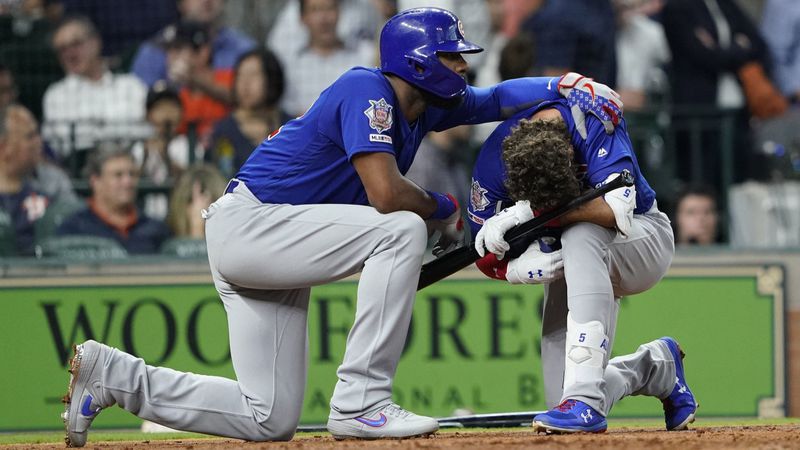
By Maryann Jacobi Gray, Ph.D. |
We learned last week that the two year old girl struck by Albert Almora’s foul ball on May 29 sustained a skull fracture and other serious head injuries. Almora’s obvious anguish, replayed countless times on television and social media, offers a vivid demonstration of just how much it hurts to hurt someone.
Sadly, dozens, perhaps hundreds of players can relate to Almora’s distress. Bloomberg News estimates that 1,750 major league fans were injured by foul balls in 2014. Despite additional protective netting, dozens more players will accidentally injure fans before the season is over.
In fact, millions of Americans know the horror of accidentally hurting another person, and thousands more join their ranks every month. We unintentionally hurt and sometimes kill each other in car crashes, workplace mishaps, around the house, at the beach or swimming pool, and on the sports field. A moment’s mistake or a stroke of bad luck can leave us devastated and questioning our worthiness.
Good people can and do hurt others without meaning to. Although we might not want to admit it, all of us are at risk for becoming what I refer to as unintentional perpetrators. And this experience can be profoundly distressing. I know this because I run a website for people who have unintentionally injured or killed others. Every day I receive emails or comments to the site from people struggling to cope. Some are suicidal. Others are haunted by flashbacks and intrusive images. Their guilt, grief, shame, and fear can be overwhelming.
Almora’s teammates and co-workers rushed to console him, and he received an outpouring of compassion and support. Too many people who unintentionally hurt someone, however, suffer alone. They may withdraw, feeling undeserving of support. They may be ostracized. And other than my website there are no self-help books, support groups, research studies, or therapeutic protocols to help them cope. This neglect only adds to the damage that accidents cause.
Most of us overestimate the degree of control we have over our lives and the world. What psychologists call the illusion of control can be useful when it comes to pursuing our goals. But when we unintentionally hurt someone, this illusion is shattered. And that can be terrifying.
Can we face this fear? Can we offer the same compassion we felt for Almora to the non-celebrities, the ordinary people around us who have inadvertently hurt someone? I don’t mean to suggest they should not face consequences. Nor are we under any obligation to offer forgiveness simply because the damage was unintentional. But if we pivot toward them instead of away from them, if we can extend compassion along with accountability, we will have taken a small step toward more caring communities and a more humane world.
Maryann Jacobi Gray, Ph.D. is a social psychologist who created and maintains the popular websitehttps://www.accidentalimpacts.org. She has written and spoken widely on the challenges facing those who accidentally kill or injure others. Dr. Gray recently retired as UCLA’s assistant provost.